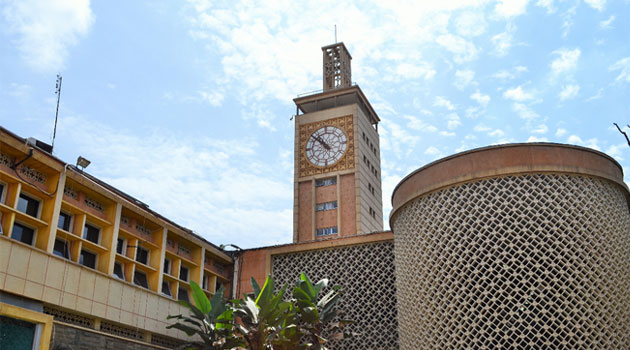As Kenya mulls dealing with the COVID-19 pandemic as the rest of the world, coupled with other emergencies including the locust invasion and floods in some parts of the country, it is urgent that either the president through an Executive Order or Parliament through procedure create legal structures for dealing with disasters because we urgently need a Disaster Risk, Management-related Bill.
While the Public order Management and the Public Health Acts are helping in dealing with the COVID-19 pandemic so far, with related regulations having recently been gazetted, the creation of a firm legal regime that lays down the legal foundation for a collaborative partnership in institutional participatory management of disasters, including mobilization of the essential resources necessary for the management of all disasters is critical.
Already, through a thorough public participation process, there exists the DRM Policy 2017 sponsored by the Ministry of Interior and Coordination of National Government, Ministry of Devolution & ASALs and Treasury that await consideration and can be fast-tracked. In addition, the DRM Bill 2016 and the National Disaster Management Bill 2018 have been in the pipeline for long.
In addition to the COVID-19 bill, which is going through public participation and awaits Senate consideration, these disaster-related bills and policies that have already been tested and gone through some initial processes should be revived so that they are enacted to help the country deal with all emerging disasters instead of piecemeal interventions.
Once enacted and implemented, the country will be prepared to deal with disasters and tragedies, including those that cause mass fatalities in a better way as seen during the handling of recent terrorist attacks in Nairobi and other emergencies. The regime will clearly spell out the management of such national disasters, set out standard operating procedures including saving lives, securing the scenes of crime and evidence and managing the national reaction and mood following such occurrences. The country will do better with a comprehensive approach to dealing with national disasters that would enable easy national mobilization and reaction during such tragedies. This will enable the county, as seen from the counties that have enacted disaster management laws, be always ahead of time in terms of early warning, risk assessment and command structure were on point, including controlling operational command issues and information flow management.
The private sector, particularly property owners must join the government in investing in the training of key people including private security guards on existing incident protocols as first responders’ because a number of people drawn from the general public and uniformed police officers are usually the first to respond.
The law is required urgently when matters are still hot. As have been seen in the handling of the COVID-19 so far, which is very commendable, a multi-agency approach is the ultimate in dealing with disasters. See the example of the National Counter Terrorism Center approach to dealing with CVE.
The writer works at the Media Council of Kenya and is a trainer for journalists’ safety and protection.











































